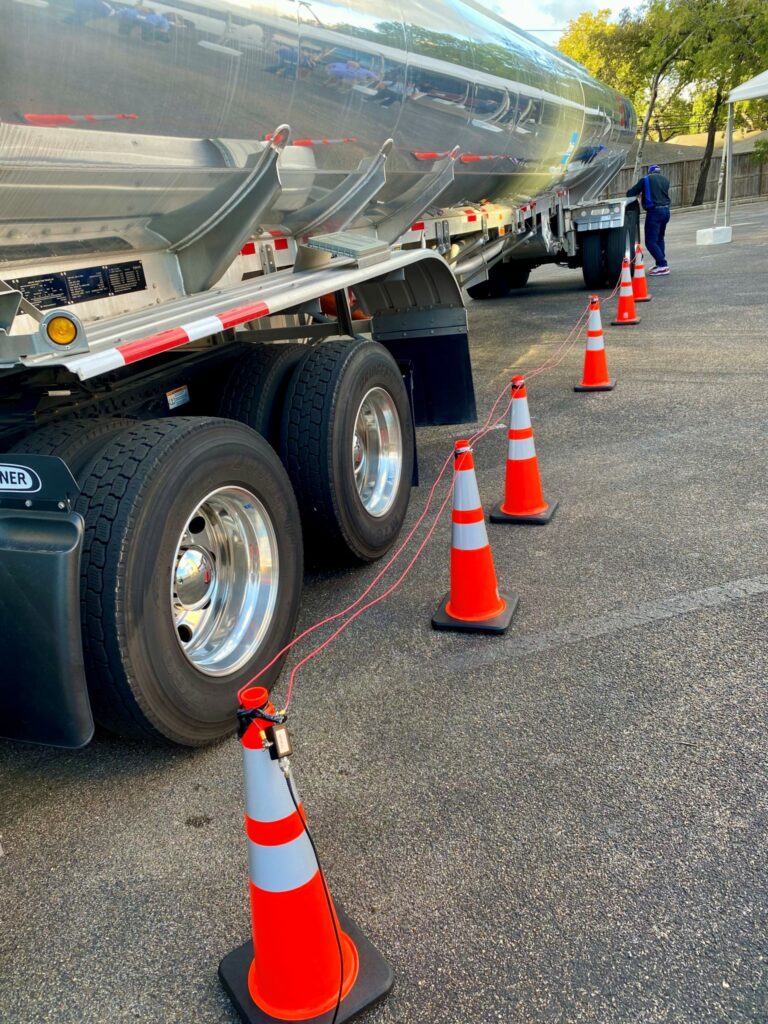Carriers must adapt to thwart cybersecurity threats: NMFTA report
Proactive measures and advanced technologies are key to mitigating emerging cybersecurity threats that besiege trucking companies, says a report from the National Motor Freight Traffic Association (NMFTA).
Cybersecurity professionals and organizations must remain vigilant and adaptable in the face of challenges. The nature of the issue is that new threats emerge all the time while existing ones evolve, says the 2024 Trucking Cybersecurity Trends Report.
Hackers frequently use phishing scams to gain access to a carrier’s enterprise system. Once they can access the system, they use that access to launch ransomware attacks. Phishing attacks generally take the form of deceptive communications that trick people into clicking links or opening attachments.

Trucking companies’ best preparation for, and defense against, these attacks is to train their people on how to spot a phishing attack, the NMFTA says. Often phishing e-mails come from lookalike URLs, or from e-mails that pretend to be from known contacts.
The report warns that threats directly aimed at trucks must not be overlooked. As technology continues to evolve in the cab and everywhere around the truck, so does the potential for those elements to be compromised.
Last year, the NMFTA’s senior cybersecurity research engineer Ben Gardiner demonstrated how a hacker could compromise the brakes on a truck by sending a message to the truck’s diagnostic system using a simple antenna.
On-board diagnostics and other telematics systems, as well as sensors can be used to wreak havoc if hackers can take control of them. In most cases, truck OEMs have not yet built in the factory-installed security measures that would provide the most security, the report states.
API security
Cybersecurity professionals also warn carriers to keep an eye on their API (application programming interface) security. APIs enable two software components to communicate with each other.
Areas of concern include: the vulnerability of old, deprecated APIs known as zombie APIs.; denial-of-service attacks that can overwhelm a website, server, or network; APIs that make it too easy for hackers to bypass authentication requirements; accidental leakage of sensitive data, or exposure of stolen data; and undocumented back-door APIs known as shadow APIs.
In the report, Seattle-based WatchGuard says it expects to see threat actors begin experimenting with AI (artificial intelligence) attack tools and to sell them on the underground.
Vishing warning
Also expected is an increase in vishing, which is when a scammer calls a person pretending to be a reputable company or organization, or even a co-worker (or someone’s boss), and urges the person to provide personal or sensitive data, or send money to a fraudulent account.
Another strong risk is an increase in QR code attacks. The convenience of QR codes is training people to unthinkingly do the very thing that cybersecurity professionals say they should never do, which is to click on random links without knowing where they go.
With QR codes, attackers or scammers can trick users into visiting malicious sites or fool them by showing them things they can monetize, such as gift cards, discount coupons or cryptocurrency.
Have your say
This is a moderated forum. Comments will no longer be published unless they are accompanied by a first and last name and a verifiable email address. (Today's Trucking will not publish or share the email address.) Profane language and content deemed to be libelous, racist, or threatening in nature will not be published under any circumstances.